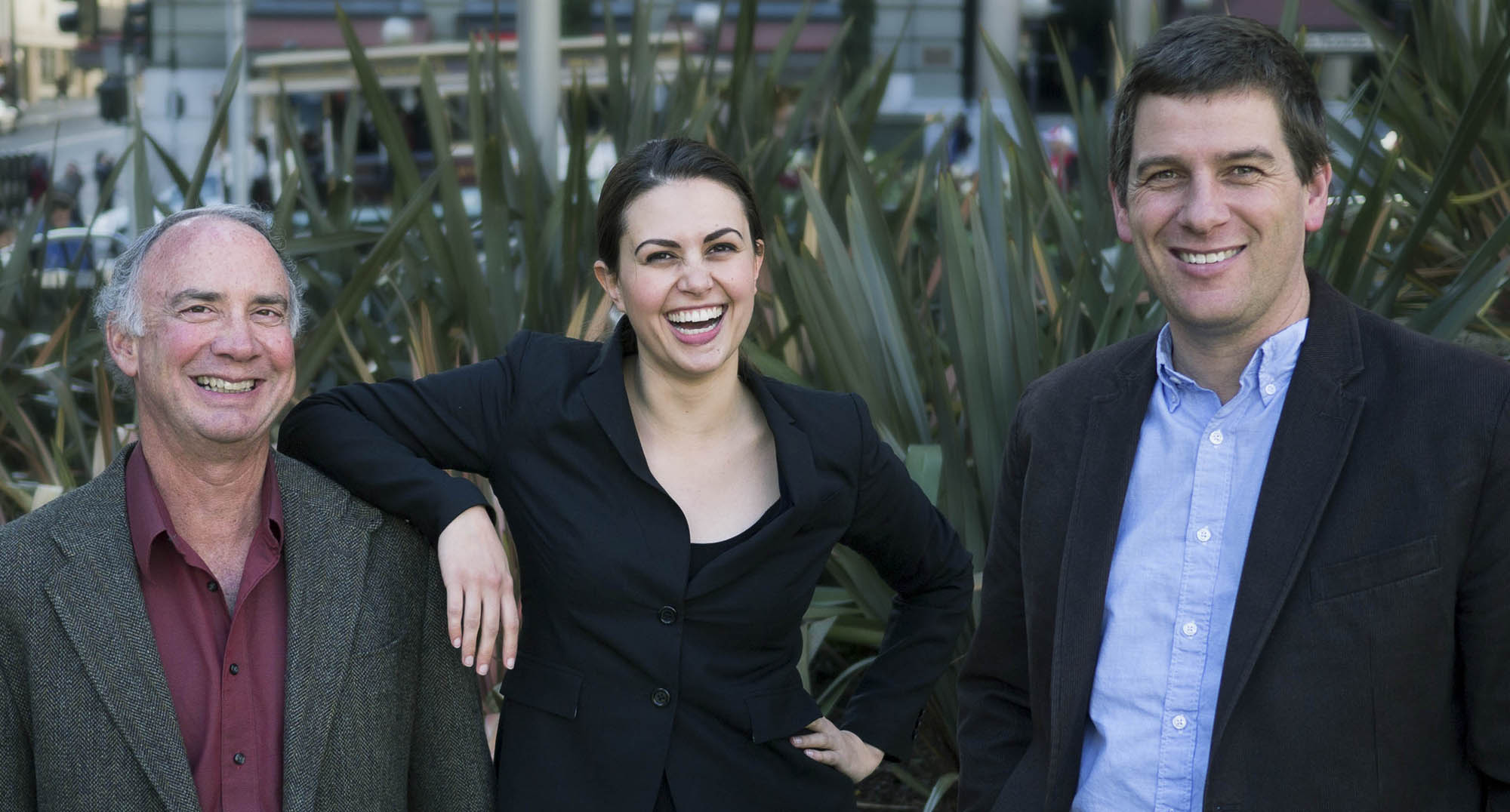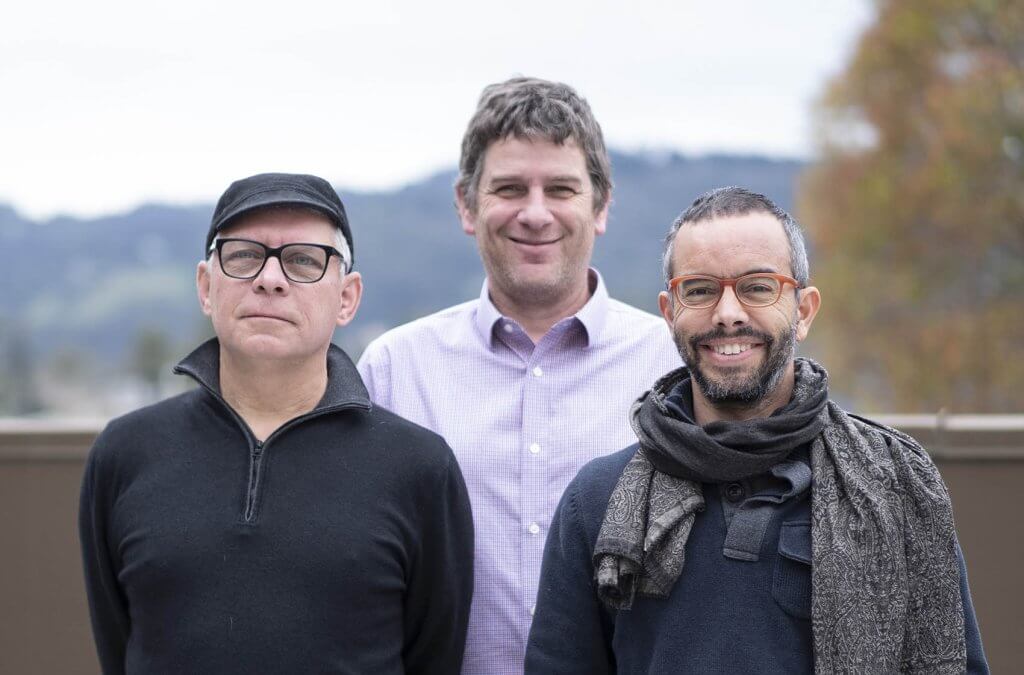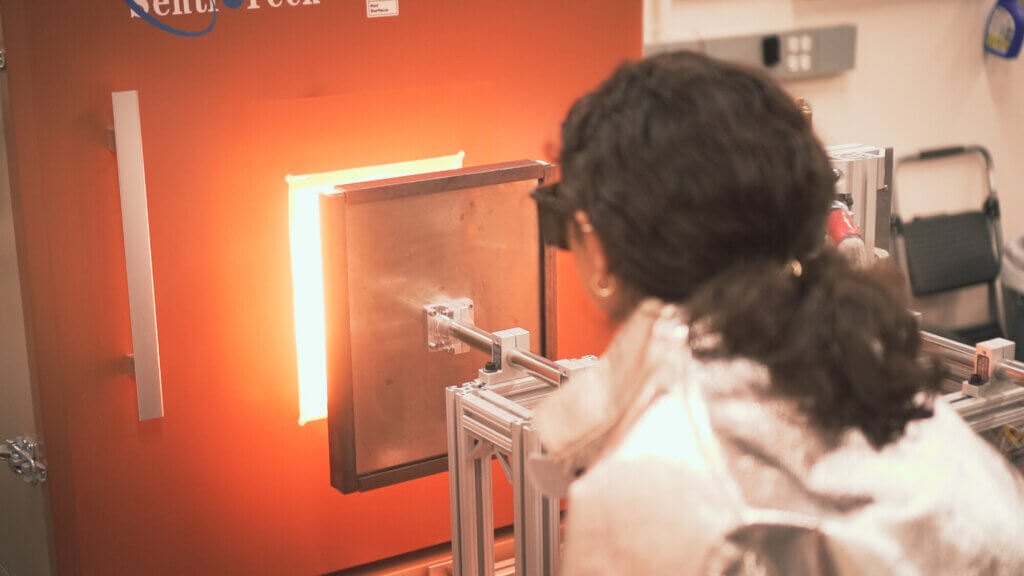
How CodeCycle’s Innovative Software Helps Building Efficiency Standards Realize their Full Potential
CodeCycle is a software platform created to help city building departments enforce California’s Title 24, Part 6 building efficiency standards.

Building efficiency improvements play a critical role in a clean energy economy, even though they may not grab as many headlines as the latest low-cost renewable energy project or electric vehicle launch.
In fact, building efficiency standards are a cornerstone of many state carbon reduction policies and can help homes and businesses save money by lowering energy use for decades to come.
In California, the state’s building energy efficiency standards have already saved residents billions of dollars in reduced electricity bills, according to the California Energy Commission (CEC). The standards also conserve nonrenewable resources, such as natural gas, and ensure that renewable energy resources are used to their maximum potential.
The problem is that California’s building efficiency standards “look like the tax code now,” said Dan Suyeyasu, founder and director of CodeCycle, an Oakland-based startup offering the first comprehensive technology solution to measurably improve building energy efficiency at the time of construction.
“There’s basically no system for the city building departments charged with enforcing building efficiency standards to figure out what they’re supposed to do and how they’re supposed to do it,” he said. “It is literally like the IRS enforcing the tax code, but without a single computer to help analyze compliance, and the staff have a lot of other critical things to do.”
While implementing energy standards is a central task, building departments must keep life safety standards such as the fire code, seismic code, and electrical code at the top of their priority list.
Because of this complexity, building energy standards are not being enforced as effectively as they could be, according Suyeyasu. Suyeyasu estimates that around 20 percent of code requirements fall through the cracks because of the disconnect between detailed regulatory requirements and what building departments can reasonably track.
This is where CodeCycle comes in. With support from the CEC’s California Sustainable Energy Entrepreneur Development (CalSEED) program, the innovative startup is working to address this pain point in building code implementation.
CodeCycle is a software platform created to help city building departments enforce California’s Title 24, Part 6 building efficiency standards. Title 24 standards relate specifically to building envelope efficiency, which includes windows and walls, the HVAC system, and lighting. The solution is to basically digitize the standards, so rather than having humans wade through long and complex building code requirements, computers do most of the work for them.
The software can also digitally layer compliance information on top of a building blueprint, so that inspectors can basically follow an electronic map within the building that leads them to the next item they need to check. This first-of-its-kind technology developed by CodeCycle has the ability to revolutionize building code enforcement by speeding up inspections, while also driving down carbon emissions.
The challenge for the startup is converting hundreds of pages of building regulations into computer code, line by line by line.
“People wonder if there’s a shortcut for that. I think various companies have tried, and it’s basically just not doable,” said Suyeyasu. “The data needs to be hyper accurate. The efficiency standards are the law; so if an automated translation of a document is close, it’s not good enough. It has to be spot on.”
>> Energy efficient lighting, HVAC and more
CodeCycle’s approach could be used by any city with a building efficiency standard that’s looking for help enforcing it. But the Oakland startup is focusing its efforts on California for now, which is home to some of the strictest efficiency regulations on the books.
There’s also a lot of work to be done in California. Suyeyasu explained that there’s roughly 200 million square feet of new residential construction in the state per year, another 200 million square feet of commercial construction per year, and around a billion square feet of renovations per year — all of which must comply with California’s efficiency standards.
CodeCycle is currently operating in six California cities, but so far has only developed software for commercial lighting codes. Lighting compliance makes up a large portion of the work for building departments, but building departments are already asking CodeCycle to cover the whole suite of building efficiency standards.
Now, with $600,000 in support from CalSEED, CodeCycle is working to expand its tool from lighting to also cover HVAC and building envelope codes. Suyeyasu said that CodeCycle has also used the CalSEED funding to serve three new cities in the Central Valley.
“What we have found, in reaching out to building departments, is that their interest in improving energy code enforcement is fairly even across the state,” Suyeyasu said. “It seems to have little correlation with whether or not a given city has aggressive energy policies. Only one of our current partner cities has a reach code, and that is the smallest city we are working with.”
“What’s exciting as we expand our services is that we can deliver efficiency benefits to parts of California that tend to get bypassed by traditional efficiency programs,” he continued. “It is the nature of building standards that they are designed to help everyone. That’s the law.”
Eventually, CodeCycle will help building departments implement California’s rooftop solar mandate, which took effect on January 1.

A new business model
Another challenge for city building departments charged with enforcing building efficiency standards is that the cities don’t benefit directly from the energy savings that the standards produce. It’s the city residents and businesses that see the savings on their electricity bills. This is positive for the city overall, but it means that building departments do not have an immediate financial incentive to improve compliance or to purchase software that can help them do so.
As a result, CodeCycle has primarily been funded through broader energy efficiency programs, with services offered to local governments at no charge.
In late 2019, CodeCycle applied with the Internal Revenue Service to become a 501(c)(3) nonprofit organization. CodeCycle decided to make this shift because of CodeCycle’s unique role working as a technical bridge between state-level code development agencies like the CEC and local governments charged with enforcing the standards.
While the nonprofit application is still pending, Suyeyasu said he’s already getting excited about the change.
“It just feels like a more natural fit to be a nonprofit,” he said. “It opens up the ability to collaborate with these government entities in a more agile manner, which is necessary for the type of work we’re doing. The complexity of this issue means there is a pretty steady cycle of development, testing and failing, both for the software and for the manner in which we partner with state and local governments. For various reasons, operating as a 501(c)(3) entity should allow us to be more flexible in these partnerships.”
Suyeyasu views this development as a classic pivot in a startup’s evolution, although he acknowledged that switching to a non-profit model is a non-customary move for a software company. Still, it’s a testament to being nimble and reacting to the realities of your market segment.
In CodeCycle’s case, “we’re super government focused,” he said. So to a large degree government needs are driving the company’s decision making. While this approach presents some challenges that battery manufacturers and renewable energy producer will never have to face, it also has benefits.
“People talk about how it’s hard to sell efficiency, it’s hard to make it sexy,” said Suyeyasu. “But if you’re partnering with a building department you don’t need to make efficiency sexy, because it’s in the California code of regulations.”
“That’s the power of the efficiency standards to begin with,” he added. “You don’t have to have a long, complicated sales cycle to convince somebody that certain types of lighting controls are good for their bottom line, because the CEC already figured that out before they put the regulations in place. Once CodeCycle is involved, it’s just about making the regulations as effective as they can be.”

